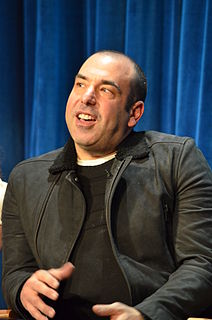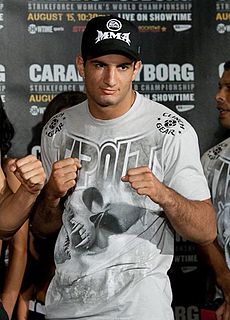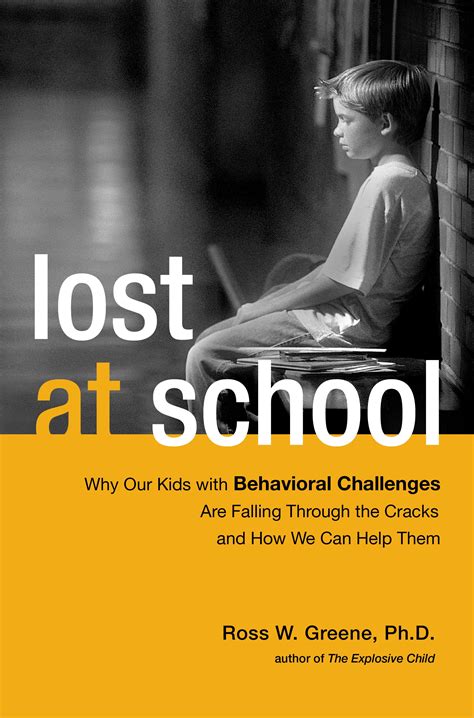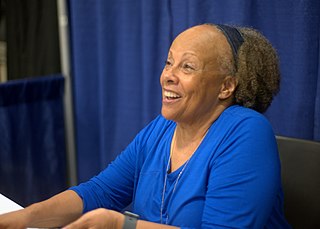A Quote by Michel Gondry
I had a lot of encouragement and tolerance from my parents, but I also have many friends who didn't get that from their parents and in a way they have more strength from spending years where nobody believed in them.
Related Quotes
My childhood was bittersweet in many ways. We moved around a lot. By the time I was 10, I had travelled thousands of miles, often on my own. My parents were like my friends, so it felt like I didn't really have parents at all. But in a crazy way that was very liberating. It forced me to be independent, maybe a leader, and certainly a survivor.
Education was a given, only because of the way I was raised. Truth be told, I thought, at 15 years old, I should go and get a record deal and drop out of school, and my parents would have had none of that. I'm grateful now that my parents were pushing me in that way, because I wasn't mature enough on so many levels to do that.
Obviously there are many, many ways of being an outsider, but having immigrant parents is one of them. For one thing, it makes you a translator: there are all kinds of things that American parents know about life in America ,and about being a kid in America, that non-American parents don't know, and in many cases it falls on the kid to tell them, and also to field questions from Americans about their parents' native country.
You must learn to look at people who are angry with you straight in the eye without getting angry back. When children see their parents treating them this way, they then recognize the parents' authority. It speaks louder than words. Their new respect for the parents is as good for them as it is for the parents. It never works to demand respect of children. It must be given willingly as a result of strength of good character in the parents, which is manifested by their non-reaction to stress in the children.
We actually have some gay people that work with us, and we have a lot of friends that are gay, too, and I know that this song has inspired them... I know that coming out was tough on their parents and on them and the whole entire family. For a long time, some of them didn't get to hear 'I love you' from their dads or be accepted in that way. ... It's helped a lot of our friends... We don't judge anybody's lives.
I was born in Iran, my parents are Armenian. We fled from Iran to the Netherlands when I was eight years old. We had a lot of family and friends in Iran, so it was hard to leave, especially for my parents. But we managed to settle well in the Netherlands, after a year in refugee camps. But I understood it was a process.
A lot of parents aren't exactly sure how to go about solving a problem with a kid in a way that's mutually satisfactory - doing that with their child feels very foreign to a lot of people. It probably explains why so many parents tell me their kids don't listen to them and why so many kids tell me that they don't feel heard.
To me, the main difference between young people now and the people I was young with isn't so much style, it's the relationships they have with their parents. Their parents like them much more than ours liked us. Our parents weren't our friends. But now I see my friends on the phones with their, what, 30 - year - old kids? And they're talking about feelings.
People who, as children, were intellectually far beyond their parents and therefore admired by them, but who also therefore had to solve their own problems alone. These people, who give us a feeling of their intellectual strength and will power, also seem to demand that we, too, ought to fight off any feeling of weakness with intellectual means. In their presence one feels one cannot be recognized as a person with problems just as they and their problems were unrecognized by their parents, for whom he always had to be strong.






































